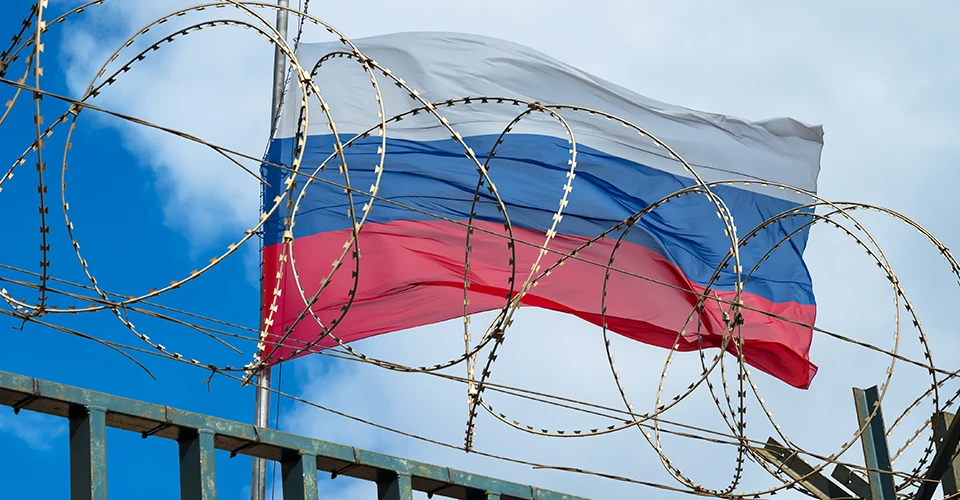
Russia's response options limited in asset seizure clash with West
As Western nations eye Russia's frozen assets, estimated at $300 billion globally, for possible seizure amid ongoing tensions, Moscow's ability to retaliate symmetrically has been hampered by declining foreign investment. However, officials and experts suggest Russia still has means to inflict pain in response
Reuters writes about it.
The United States aims to confiscate Russian reserves and allocate them to Ukraine, while the EU leans towards isolating profits from these assets, estimating up to 20 billion euros by 2027.
Russia deems any attempt to seize its capital as "banditry," warning of dire consequences, but remains ambiguous about its counteractions.
Former President Dmitry Medvedev admitted Russia lacks enough U.S. state property to retaliate equally, suggesting targeting private investors' assets instead.
Reuters notes that experts anticipate Russia may confiscate foreign investors' assets held in special "type-C" accounts or block non-exchange assets in unfriendly countries.
Kremlin spokesman Dmitry Peskov asserts ample Western money in Russia is susceptible to Moscow's countermeasures and vows to defend Russian interests.
According to the article, despite Medvedev's call for private asset confiscation, foreign holdings in Russia have dropped by 40%, reducing the potency of such a threat.
Russia could target foreign investments held in securities, but a substantial portion of foreign money is likely from Russian companies registered abroad.
Western companies have acknowledged losses totaling $107 billion, extending beyond physical assets to include technology and know-how.
Moscow's leverage extends to Europe, where Euroclear holds the majority of its reserves, prompting concerns of adverse effects on the euro.
Russia's current account surplus has enabled it to accumulate overseas assets in friendly jurisdictions, mitigating reliance on Western financial systems.
The article concludes that While Russia's integration into Western financial systems has waned since 2014, its reduced asset pool limits the efficacy of retaliatory threats.
- News












































